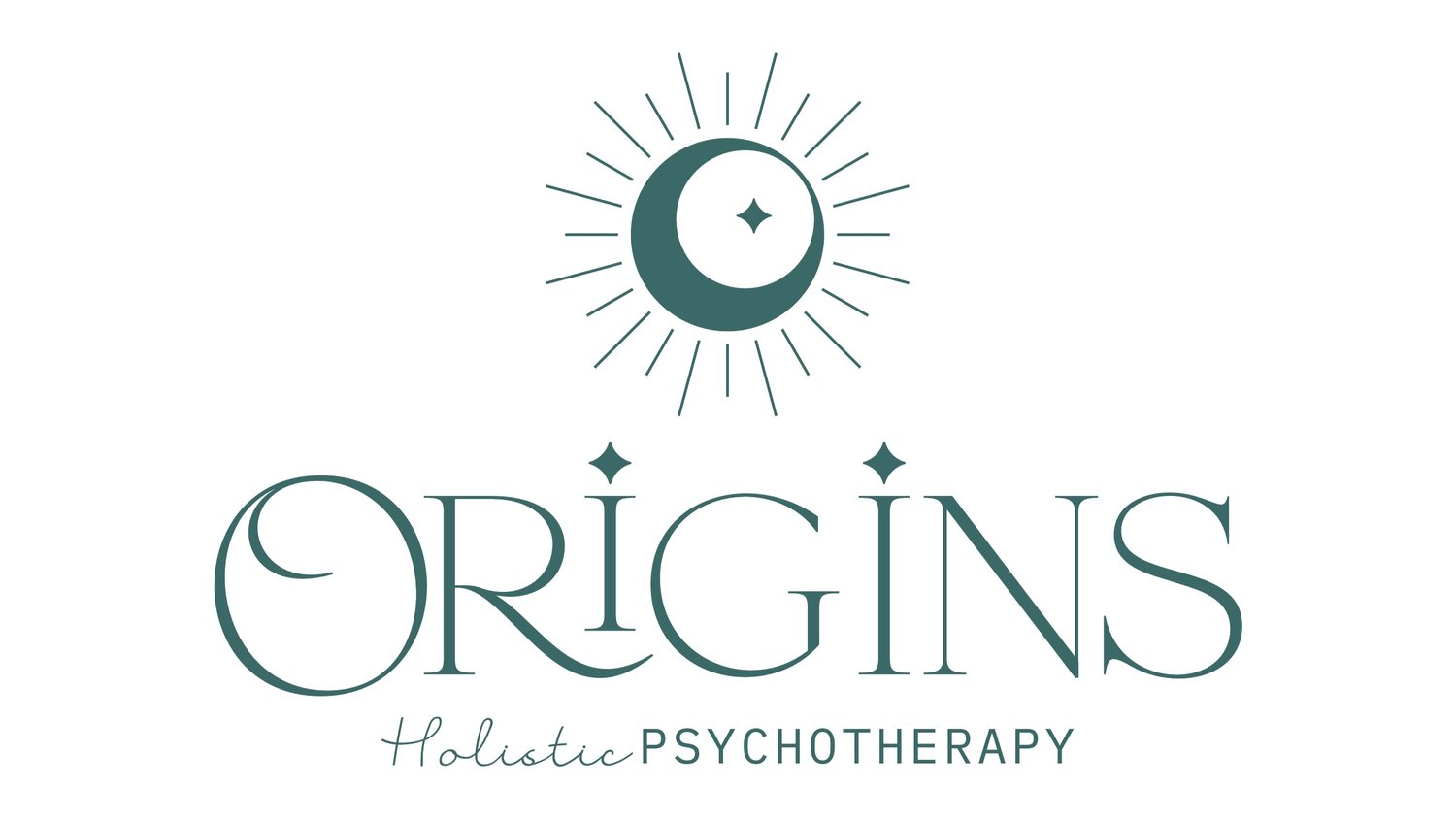Living Life to the Fullest: A Holistic Therapist's Guide to Managing Chronic Pain and Anxiety
As a holistic therapist, I have seen the toll that chronic pain and anxiety can take on a person's life. But I have also seen the remarkable resilience of those who have learned how to live with these conditions and go on to lead successful and fulfilling lives. I would like to share the story of one of my patients, Sarah, who has lived with chronic pain for many years and has learned how to manage it through a holistic approach.
Sarah was once a high-powered executive, but after a car accident left her with chronic back pain, she was unable to work and found herself struggling with anxiety and depression. She was in constant pain and felt like her life was over. But then she came to see me, and I introduced her to a holistic approach to pain management.
Sarah was skeptical at first, but she soon learned that a holistic approach to pain management could help her to manage her pain and anxiety in a more natural and sustainable way. We started with mindfulness practices, such as deep breathing and guided imagery, which helped her to calm her mind and reduce her anxiety. We also worked on improving her nutrition, and she was surprised to learn that the foods she was eating were contributing to her inflammation and pain.
Next, we focused on movement and exercise. Sarah was hesitant to exercise at first, but she soon discovered that regular movement, even gentle activities such as yoga and tai chi, helped to reduce her pain and improve her mobility. She also found that exercise helped to reduce her anxiety and improve her mood.
Finally, we worked on developing a support network for Sarah. She joined a support group for people with chronic pain, which helped her to feel less isolated and gave her a sense of hope. She also started to work with a counselor, who helped her to work through the emotional challenges of living with chronic pain.
Today, Sarah is a changed person. She still experiences pain, but she has learned how to manage it and live a successful life. She is back at work, and she is happier and more confident than ever. And, perhaps most surprising of all, she has even developed a sense of humor about her pain. "I used to be a workaholic," she says with a chuckle, "now I'm a yoga-holic!"
Sarah's story is just one example of how a holistic approach to pain management can help to reduce the impact of chronic pain and anxiety on a person's life. By recognizing the connection between our thoughts, emotions, and physical symptoms, and by making positive changes to our lifestyle, we can improve our physical and mental health and lead a more fulfilling life.
The good news is that there are strategies that can help to manage these conditions and improve overall quality of life.
One of the most important things to understand about chronic pain and anxiety is their impact on the nervous system. Chronic pain can trigger the nervous system to remain in a state of heightened alert, leading to increased sensitivity to pain. Meanwhile, anxiety can activate the "fight or flight" response in the nervous system, leading to increased levels of stress hormones, such as cortisol, and causing physical symptoms such as muscle tension, headaches, and digestive problems.
Here are some of the strategies that I have found to be effective in managing chronic pain and anxiety:
Mind-Body Connection: By recognizing the connection between our thoughts, emotions, and physical symptoms, we can start to understand how our mental state can impact our physical health. For example, negative thoughts and beliefs about chronic pain can increase sensitivity to pain and exacerbate symptoms. By focusing on positive thoughts and beliefs, and developing strategies to manage stress and negative emotions, we can help to reduce the impact of chronic pain and anxiety on our lives.
Mindfulness: Mindfulness practices such as meditation, deep breathing, and guided imagery can help to reduce anxiety and increase awareness of the present moment. These practices can also help to calm the mind and promote relaxation, which can be especially beneficial for those experiencing chronic pain. Research has shown that mindfulness-based interventions can help to reduce the intensity of pain and improve quality of life for those with chronic pain conditions.
Movement and Exercise: Regular exercise and movement can help to reduce chronic pain and anxiety by promoting circulation, reducing inflammation, and releasing endorphins, the body's natural painkillers. It is important to find an exercise routine that works for you and to listen to your body to avoid exacerbating pain. Gentle activities such as yoga, Pilates, and tai chi can be particularly helpful in managing chronic pain and reducing anxiety.
Healthy Nutrition: The foods we eat can have a significant impact on our physical and mental health, particularly when it comes to chronic pain and anxiety. A diet that is rich in anti-inflammatory foods such as leafy greens, nuts, and fatty fish, and low in processed foods and refined sugars, can help to reduce inflammation in the body and promote overall wellness. Additionally, eating a balanced diet that includes essential vitamins and minerals can help to support the nervous system and improve overall health.
Support: Finally, it is important to surround yourself with a supportive network of friends, family, and health professionals. Talking to others who understand what you're going through can help to reduce feelings of isolation and provide a sense of hope. Additionally, working with a holistic therapist or counselor can provide you with additional support and guidance as you navigate the challenges of chronic pain and anxiety.
In conclusion, chronic pain and anxiety can be difficult to manage, but there is hope.
In conclusion, if you or someone you know is living with chronic pain and anxiety, remember that there is hope. By focusing on a holistic approach to pain management, you can learn to manage your pain, reduce your anxiety, and live a successful and fulfilling life. So, embrace the challenges, find your sense of humor, and never stop believing that a better life is possible.


